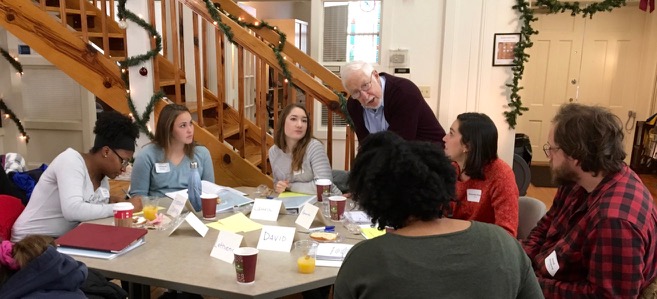 It takes many skills to be a successful college professor. You have to plan and get funding for a research program, attract and retain good graduate students, manage the program and disseminate the research results effectively, design courses and lectures and deliver them effectively, and deal with a wide range of problems related to research, teaching, and campus politics.
It takes many skills to be a successful college professor. You have to plan and get funding for a research program, attract and retain good graduate students, manage the program and disseminate the research results effectively, design courses and lectures and deliver them effectively, and deal with a wide range of problems related to research, teaching, and campus politics.
As a rule, no one tells new or future faculty members anything about most of these things, and it isn’t surprising that becoming a successful professor usually involves a long learning curve. Robert Boice, who studied the career trajectories of many new faculty members, found that it generally takes 4-5 years for professors to meet or exceed their institution’s standards for research productivity and teaching effectiveness. However, about 5% of them–the ones Boice calls “Quick Starters”–manage to do it in their first 1-2 years. This workshop presents strategies that will help graduate students and postdoctoral fellows become quick starters.
Graduate students and postdoctoral fellows contemplating academic careers.
Half-day workshop
- What mistakes do new faculty members commonly make that limit their research productivity and teaching effectiveness, and how can I avoid them to become a quick starter?
- What challenges am I likely to face as a faculty member (promotion and tenure issues, time and project management, course planning and delivery and classroom management, etc.)? How should I deal with them?
- How can I motivate students and get them actively engaged in their learning?
Contact Richard Felder for information about scheduling and fees.